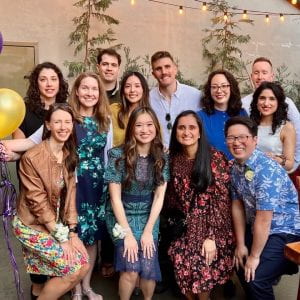by amande | Jun 21, 2023 | Announcements, News, Sticky
 As the new academic year begins, 502 new residents and fellows are joining UW Graduate Medical Education (GME) programs to further their medical and dental training.
As the new academic year begins, 502 new residents and fellows are joining UW Graduate Medical Education (GME) programs to further their medical and dental training.
Graduate medical education refers to the period of education in a particular specialty (residency) or subspecialty (fellowship) following medical or dental school. Here, trainees work in hundreds of different programs, from emergency medicine and surgery to lesser-known specialties such as nuclear medicine and headache medicine.
One in six physicians at UW Medicine is a resident or fellow, and over 100 graduating residents and fellows accept faculty roles within UW Medicine each year.
“It is always a pleasure to welcome new residents and fellows to our UW Medicine family. Every year, we look forward to training the next generation of exceptional physicians and to their many contributions to our patients — and to improving the health of all people,” says Byron Joyner, MD, vice dean for Graduate Medical Education and a Designated Institutional Official.
Read more >
by amande | Feb 8, 2023 | Announcements, News, Sticky

The chief residents and fellows at UW Medicine are key players in the clinical space through their guidance and leadership, but who are they?
The chief residents and fellows are trainees, usually senior, who serve as the leaders and representatives for the group of residents or fellows in their training program. Their roles and responsibilities can vary greatly depending on their program, but each chief resident and fellow is expected to be a model of professionalism, to communicate or liaise with a variety of stakeholders to represent their trainees’ needs or opinions, and to provide counsel to trainees about all matters — big or small.
These roles are essential at UW Medicine because these individuals represent the interests and opinions of a critical group of the workforce while also acting as subject matter experts. They answer questions that would otherwise go to faculty or administrative staff and bring knowledge and insight that might otherwise get lost when developing policies, practices and communications. Many chiefs eventually pursue faculty roles and become clinician educators within the system.
Serving as chief is also an opportunity for a trainee to expand their leadership skills and get insight into the complexities of how a training program is operated. The selection process varies depending on the program. Some programs hold faculty or peer elections, while others have faculty members select trainees based on written criteria. All chiefs are chosen for their leadership abilities, clinical or scholarly accomplishments, administrative or oversight abilities, and strong communication and interpersonal skills.
To be a chief resident or fellow is a prestigious honor — one that can involve an additional year of training beyond the board eligibility and requires a large amount of attention. It denotes a respected leader.
Get to know some of the chief residents and fellows >
by amande | Jun 24, 2022 | Announcements, News, Sticky
 This year, UW Medicine Graduate Medical Education is welcoming 471 new trainees. Each year, UW Medicine sponsors over 1,500 residents and fellows, which means that about one in six physicians is a trainee — making up a significant part of our physician population.
This year, UW Medicine Graduate Medical Education is welcoming 471 new trainees. Each year, UW Medicine sponsors over 1,500 residents and fellows, which means that about one in six physicians is a trainee — making up a significant part of our physician population.
“Our residents and fellows play an important role in caring for our patients at UW Medicine, from providing exceptional care to contributing to our research and education efforts,” says Tim Dellit, MD, chief medical officer for UW Medicine, executive vice dean for clinical affairs in the UW School of Medicine, and president of UW Physicians. “We are excited to welcome our incoming trainees.”
Read more >
by joewilso | Jun 8, 2021 | News, Resident & Fellow Events, Sticky
Welcome to our incoming Residents and Fellows!
We are looking forward to meeting you at the UW GME Orientation. Be sure to complete the GME Orientation Checklist prior to your Clinical start date, and tune into the LIVE UW GME Orientation on Monday June 22nd.
Please direct questions to the content experts listed in each section on the GME Orientation webpage. If you are unsure where to go or who to ask, please contact UW GME.
 As the new academic year begins, 502 new residents and fellows are joining UW Graduate Medical Education (GME) programs to further their medical and dental training.
As the new academic year begins, 502 new residents and fellows are joining UW Graduate Medical Education (GME) programs to further their medical and dental training.

 This year, UW Medicine Graduate Medical Education is welcoming 471 new trainees. Each year, UW Medicine sponsors over 1,500 residents and fellows, which means that about one in six physicians is a trainee — making up a significant part of our physician population.
This year, UW Medicine Graduate Medical Education is welcoming 471 new trainees. Each year, UW Medicine sponsors over 1,500 residents and fellows, which means that about one in six physicians is a trainee — making up a significant part of our physician population.